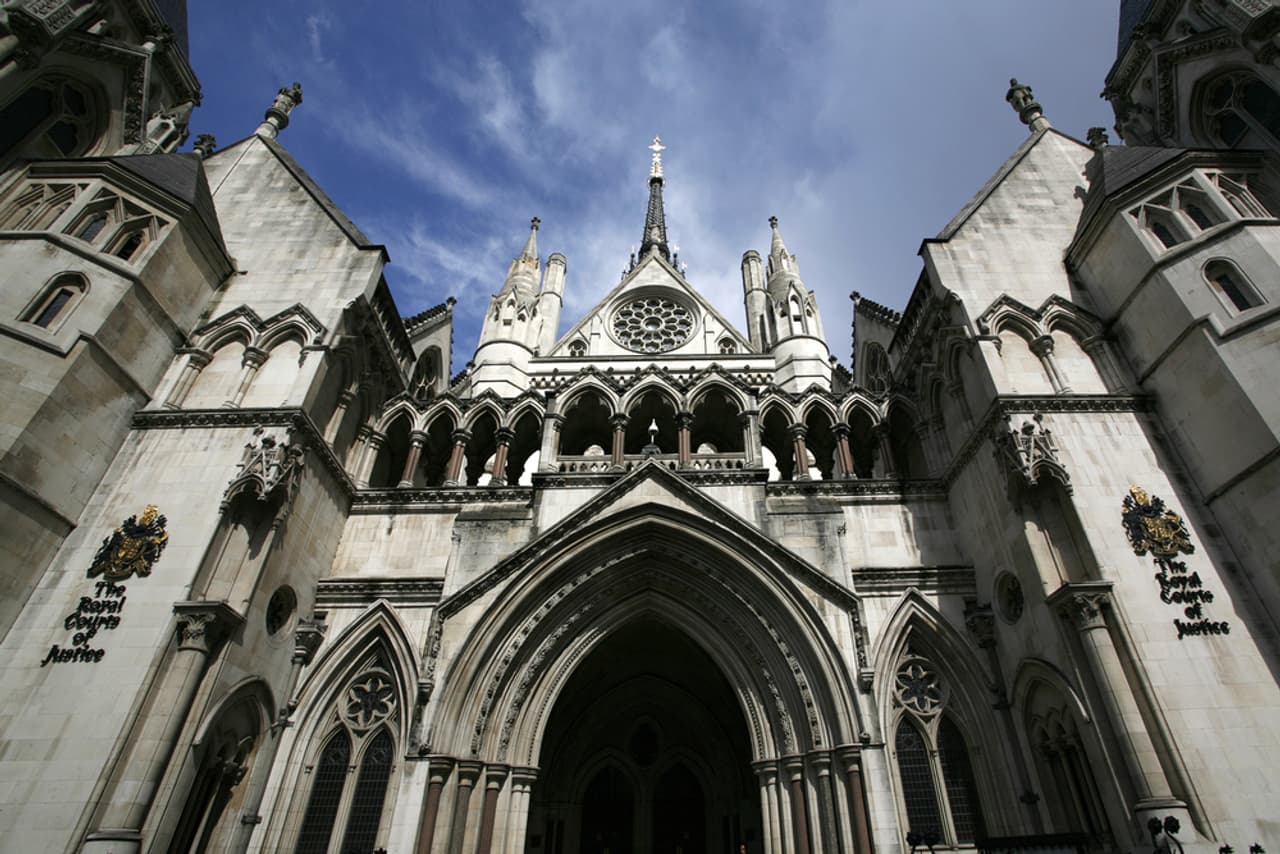
What the new family court reporting guidance says
Journalists with press cards issued by news organisations that are members of the UK Press Card Authority can already attend most private family court hearings. The reporting pilot enables those journalists to report on most family court hearings in the pilot courts, free from many of the restrictions that currently apply to family cases in all other areas. Legal bloggers – qualified lawyers attending and observing hearings for journalistic or legal educational purposes – are also able to report under the pilot.
For a full understanding of the practice guidance issued by the president of the family division under which this reporting pilot operates, it is imperative to read the full documentation. Note that this is likely to be amended as the pilot beds in, so it is worth checking it each time you intend to report on a case.
What follows is a precis that aims to outline the broad principles of how reporters can operate. It is important to remember that the terms of reporting may be adjusted on a case by case basis, so you must check the specific arrangements for each case.
Under the standard terms of the transparency order, which must be issued by the judge in order for any case to be reportable, journalists will be able to identify:
- The local authority/authorities involved in the proceedings;
The director and assistant director of children’s services within the local authority (but usually not the social workers working directly with the family, including the team manager, unless the court so orders);
Senior personnel at Children and Family Court Advisory and Support Service (Cafcass) (but usually not the guardian appointed for the child);
Any NHS Trust;
Court-appointed experts (but not treating clinicians or medical professionals);
Legal representatives and judges;
Anyone else named in a published judgment.
Family members
Family members will for the first time be free to speak to journalists reporting under the pilot without being at risk of contempt of court. It will also be permissible for journalists to quote family members in their reporting, as long as the family is effectively anonymised.
Documents
A reporter who attends a hearing, or who intends to attend a forthcoming hearing, is entitled to see certain documents from a case (but not all documents). They are also entitled to quote from or publish the contents of those documents, subject to effective anonymisation, once a transparency order has been made.
The permitted documents are:
- Documents drafted by advocates (or litigants if a party is self-representing): ie case outlines, skeleton arguments, summaries, position statements, threshold documents and chronologies.
- Any indices from the court bundle.
- Any suitably anonymised orders within the case.
Header image: The Royal Courts of Justice
This resource was funded by Bureau Local funders. None of our funders have any influence over the Bureau’s editorial decisions or output.
Coordinator: Louise Tickle
With thanks to: Rights of Women, Lucy Reed
Please contact [email protected] with any questions or comments about the content of this site.
-
Area:
-
Subject:




